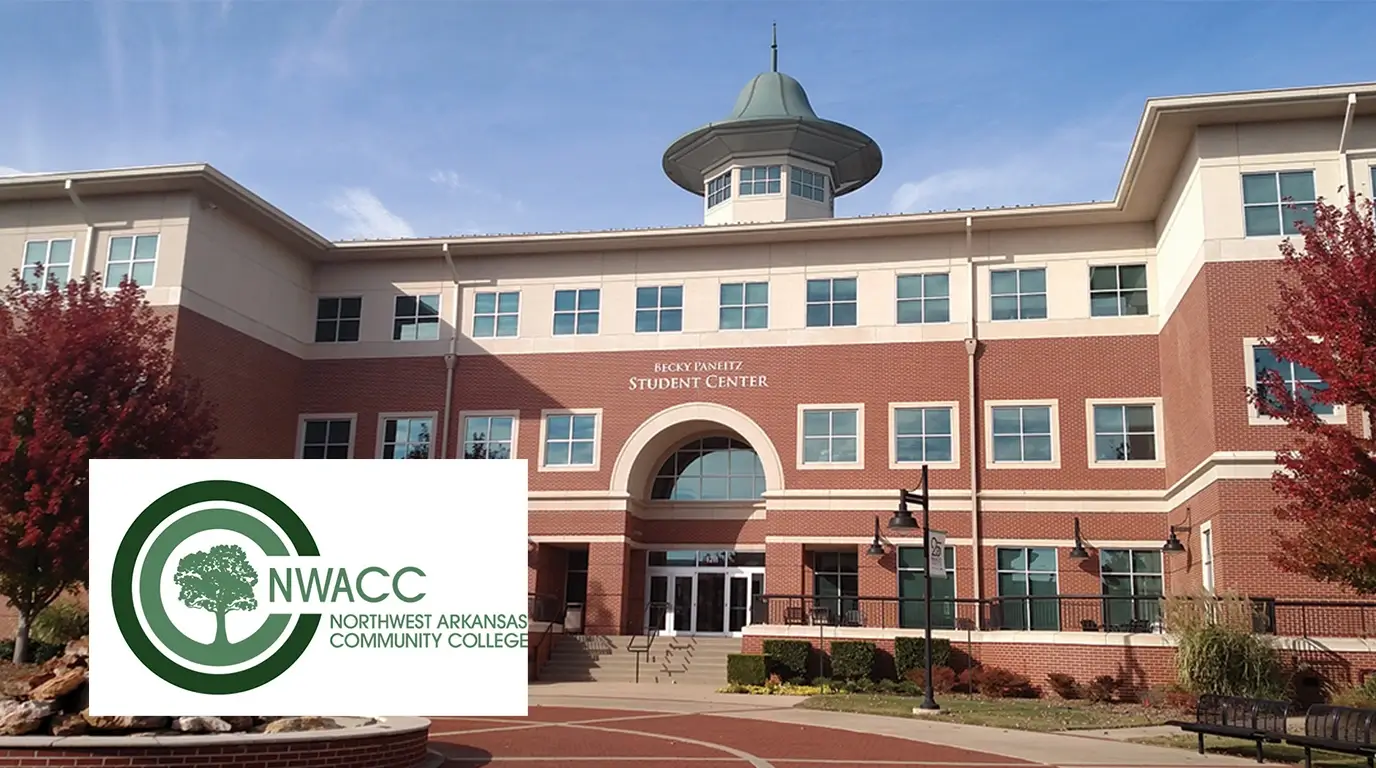Becoming a Paralegal in Mississippi – Your State-Specific Guide
Hey there—ever thought about diving into a legal career in Mississippi without slogging through years of law school? I mean, who wouldn’t want to skip the bar exam and still get in on the action? Becoming a paralegal in Mississippi could be your sweet spot. With about 1,980 paralegals working across the state as of 2023 according to The Bureau of Labor Statistics,
this gig’s got legs—and it’s growing. But what does it really take to make it happen here in the Magnolia State? I’ve spent years writing about legal careers, optimizing job advice for folks just like you, and digging into what makes Mississippi’s legal scene tick. This guide’s packed with state-specific details to get you started—let’s figure it out together.
Paralegals are the backbone of law offices, corporate legal teams, and even government agencies. They’re the ones digging through case law, drafting motions, and keeping everything on track for attorneys. In Mississippi, where firms in Jackson and Gulfport lean hard on legal support staff, this role’s a big deal. Whether you’re eyeing law firm jobs in Mississippi as a paralegal or something in the public sector, I’m here to walk you through the nitty-gritty—Mississippi style.
Paralegal Definition and Regulation in Mississippi
So, what’s a paralegal in Mississippi, legally speaking? Well, the state doesn’t pin it down with a fancy definition. Instead, Mississippi’s Rules of Professional Conduct—specifically Rule 5.3—lumps paralegals under “nonlawyer assistants.” It’s a broad term, meaning you’re someone helping out an attorney with legal tasks but not crossing the line into practicing law yourself. No official title etched in stone, just a practical role that keeps the wheels turning.
Regulation-wise, Mississippi keeps it pretty loose. There’s no state licensing or mandatory certification to become a paralegal here. You won’t find a government-issued badge or a required test from the Mississippi Bar. That said, if you’re working under an attorney—and you will be—they’re on the hook for your work. That means sticking to ethical basics like keeping client secrets safe and not stepping into attorney-only territory. It’s less about state rules and more about the lawyer you’re teamed up with keeping things legit.
- Key Takeaway: Mississippi doesn’t regulate paralegals with a formal definition or licensing—just work ethically under an attorney’s supervision.
Education Requirements and Recommended Programs in Mississippi
Alright, let’s talk schooling. Does Mississippi demand a degree to become a paralegal? Nope, not by law. You could technically walk into a firm with a high school diploma and learn the ropes on the job. But let’s not kid ourselves—most employers in Mississippi want more than that these days. An associate’s degree in paralegal studies is kind of the baseline, though a bachelor’s or a certificate can really set you apart, especially in bigger markets like Jackson. And here’s a tip: lots of firms love candidates from ABA-approved programs—it’s like a seal of quality the American Bar Association puts on solid training.
If you’re looking at paralegal education programs in Mississippi, here’s a handful worth checking out:
- Mississippi College – Offers a Bachelor of Science in Paralegal Studies, available on-campus or online. It’s got a practical bent—legal research, writing, you name it—and they’re big on getting you job-ready.
- Holmes Community College – An Associate of Applied Science in Paralegal Technology out of Ridgeland. This one’s built around NALA standards, and it’s a straight shot to entry-level gigs.
- University of Southern Mississippi – Their ABA-approved Bachelor of Arts in Legal Studies (Paralegal Track) mixes liberal arts with hands-on skills. Perfect if you’re in Hattiesburg or nearby.
- Itawamba Community College – Up in Fulton, they’ve got both an Associate of Arts and an Applied Science option. Affordable and community-focused—great for north Mississippi folks.
What about online options? Totally doable. Places like Mississippi College offer online tracks, and national programs can work too if you’re juggling a job or family. Flexibility’s the name of the game with legal assistant training in Mississippi—especially if you’re not near a campus.
- Key Takeaways:
- No legal education requirement, but an associate’s or certificate is the practical minimum.
- ABA-approved spots like Southern Miss give you an edge.
- Online programs are a solid pick for Mississippi residents needing wiggle room.
Paralegal Certification and Credentials in Mississippi
Certification’s where it gets interesting. Is there a Mississippi-specific paralegal certification? Not a mandatory one, no. The state doesn’t make you get a special stamp to work as a paralegal in Mississippi. But there’s a voluntary option: the Mississippi Paralegal Association (MPA) offers something called the Mississippi Certified Paralegal (MCP) credential. It’s not required, but it’s a nice feather in your cap if you’ve got the education and experience—like a degree plus a couple years on the job.
Nationally, though, there’s more to play with. Certifications like NALA’s Certified Paralegal (CP) or the NFPA’s CORE Registered Paralegal (CRP) are big deals here. NALA says their CP—earned through an exam—shows you’ve got the basics locked down. It’s respected in Mississippi’s legal circles, especially in competitive spots like Gulfport or Biloxi. The CRP’s another solid choice, proving you’ve got core skills employers notice.
Why bother with [paralegal certification in Mississippi]? It’s about credibility. Firms here see it as proof you’re serious, and it can bump your paralegal salary in Mississippi—sometimes by a few thousand bucks a year. Plus, it’s a stepping stone to bigger roles down the line.
- Key Takeaways:
- No state-required certification, but the MCP is a voluntary boost.
- National creds like NALA CP or NFPA CRP shine in Mississippi.
- Certification means better pay and career growth.
Paralegal Associations in Mississippi
Networking’s a lifesaver in this gig, and Mississippi’s got some good groups to lean on. Here’s who’s who:
- Mississippi Paralegal Association (MPA) – The heavy hitter. They’ve got the MCP credential, job boards, and events—perfect for connecting in Jackson or beyond.
- Mississippi Legal Professionals Association (MSLPA) – A NALS affiliate, this one’s got local chapters and focuses on professional growth through CLE and meetups.
Joining up’s a smart move. You’ll get insider job tips, CLE credits to keep sharp, and a chance to rub elbows with folks who’ve been there. I’ve seen paralegals snag gigs just by showing up to an MPA luncheon—it’s that kind of vibe.
- Key Takeaway:
- MPA and MSLPA are your go-tos for networking and resources in Mississippi.
- Membership hooks you up with jobs and learning opportunities.
Job Market Outlook and Salary for Paralegals in Mississippi
Let’s talk turkey—jobs and money. The job market for paralegals in Mississippi is holding steady. The Bureau of Labor Statistics counted 1,980 paralegals here in 2023, with most clustered around Jackson and the Gulfport-Biloxi area. Big firms like Copeland, Cook, Taylor & Bush or corporate players like Sanderson Farms keep the demand alive. Smaller towns? You’ll find openings, but they’re often with solo attorneys or county offices.
Salary-wise, Mississippi’s not topping national charts, but it’s decent considering the cost of living. The average paralegal salary in Mississippi was $46,620 in 2023 per the BLS—below the national median of $60,970, sure, but your dollar stretches further here. Top earners (the 90th percentile) hit $66,640, especially with experience or a niche like real estate law. Location matters—Jackson paralegals might pull closer to $50,000, while rural spots dip lower.
Growth’s looking okay too. Projections Central pegs a 6.8% rise in paralegal jobs from 2022-2032—faster than the national 4.2%. That’s about 130 new spots a year, plus replacements as folks move on. Not a boom, but steady enough to bet on.
- Key Takeaways:
- Stable demand, especially in Jackson and Gulfport.
- Average salary: $46,620, with top folks nearing $66,640.
- Job growth: 6.8% through 2032—reliable, not wild.
Key Takeaways: Steps to Becoming a Paralegal in Mississippi
Ready to roll? Here’s your game plan to become a paralegal in Mississippi:
- Research paralegal education programs in Mississippi—think Holmes or Southern Miss.
- Pick your path: associate’s, bachelor’s, or certificate, based on your timeline.
- Look at ABA-approved programs for extra cred.
- Check out national certifications like NALA CP or NFPA CRP.
- Join up with paralegal associations in Mississippi—MPA’s a must.
- Start hunting for jobs in Mississippi’s legal market—Jackson’s a hot spot.




